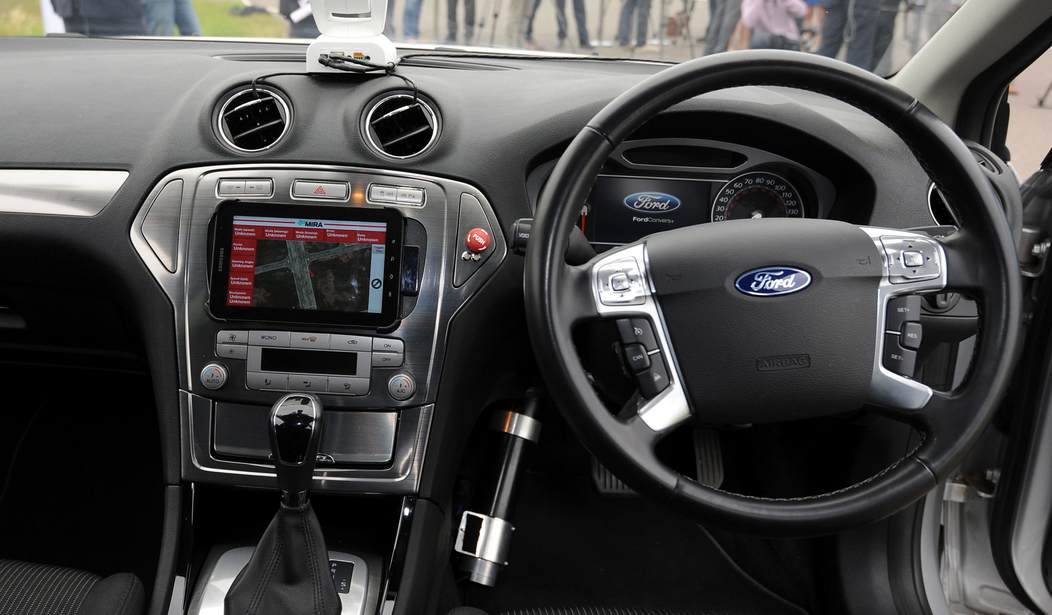If there’s a worse idea than the “driverless car,” I don’t know what it could be. The whole point of driving is to be engaged, behind the wheel, having fun, controlling your own destiny, unless you find yourself on the San Diego Freeway or the Long Island Expressway on Friday afternoon at rush hour. So this is good news:
Elon Musk’s Tesla recently became the latest big shot company to enter the self-driving car sweepstakes. Mr. Musk recently announced the hiring of software architecture veteran Jim Keller, who previously had played key roles at Apple and AMD, to lead its Autopilot Engineering team. Tesla’s move follows the recently announced partnership between General Motors and Lyft, in which the automaker is investing $500 million in the ridesharing company as part of a joint venture to develop self-driving cars.
And of course Google, Uber, Mercedes-Benz, Nissan, Apple, Audi, Bosch and Delphi Automotive (the big auto parts manufacturer) all have their own much-hyped development programs for autonomous vehicles in full swing. Forget cures for cancer, climate change or world peace, the media has made it clear that self-driving cars will be the Next Great Step in civilization’s drive toward magnificence.
It’s time to hit the brakes for a reality check.
Despite how much Uber CEO Travis Kalanick likes to crow about our “driverless future,” outside of The Jetsons this one is…not…happening…soon. Besides the remaining technological challenges, the liability and regulatory issues involved in letting a 3,000-pound death machine steer itself with no human at the controls are huge.
To say the least. For a driverless car presupposes one very important fact that so far has been left out of the discussion: all the other cars will have to be driverless, too. Otherwise, the entire fantasy comes crashing together.
Think about it: Every driver makes hundreds of daily driving decisions that, strictly speaking, break driving laws (for example, crossing the yellow line to pull around a double-parked vehicle). It all works out fine because of something called “human judgment.” But what company is going to program its driverless cars to break the law? And what regulators will approve that product, knowing that it has been programmed to break the law?
Will insurance policies for driverless cars cover the car itself? Or will they cover the owner of the vehicle? Or perhaps the technology company that controls the car’s routes? Who will be responsible if there is an accident? The individual owner or the the vehicle manufacturer? Or the company that designed the navigation system? To cut through this conundrum, some have proposed the creation of the legal fiction of “virtual drivers” who will purchase “virtual insurance.” But this gobbledygook is just vaporware for the fact that nobody knows how to move through this morass.
Not surprisingly, a survey by IEEE, a technical professional organization dedicated to advancing technology for humanity, of more than 200 experts in the field of autonomous vehicles found that of six possible roadblocks to the mass adoption of driverless vehicles, the three biggest obstacles are legal liability, policymakers and consumer acceptance. Cost, infrastructure and technology were seen as the least of the problems.
So I remain deeply skeptical.
Me, too. The driverless car is just another coercive tool to forces human beings to surrender one more piece of personal freedom, using the false flag of “safety” to persuade you that nothing can go wrong… go wrong… go wrong…









Join the conversation as a VIP Member